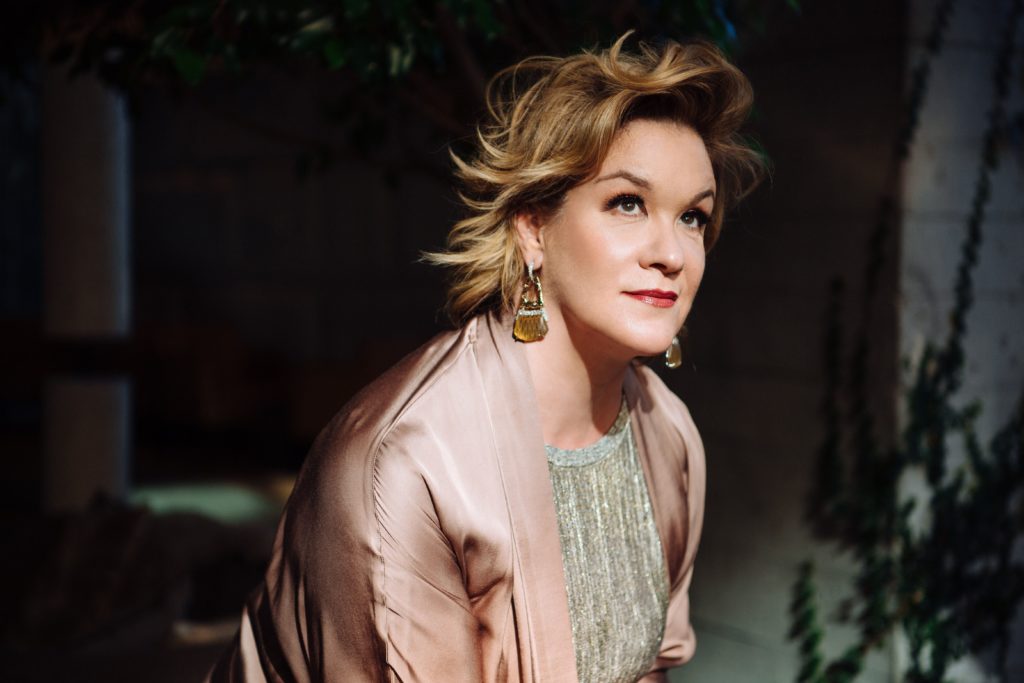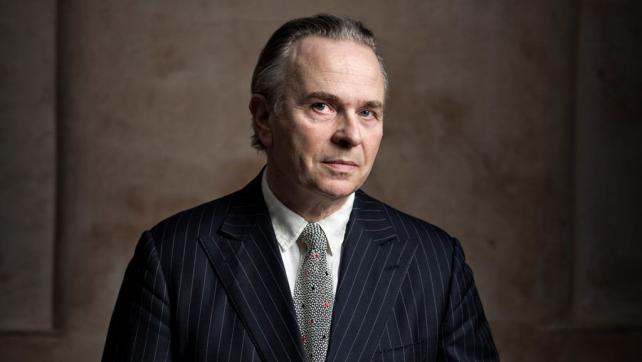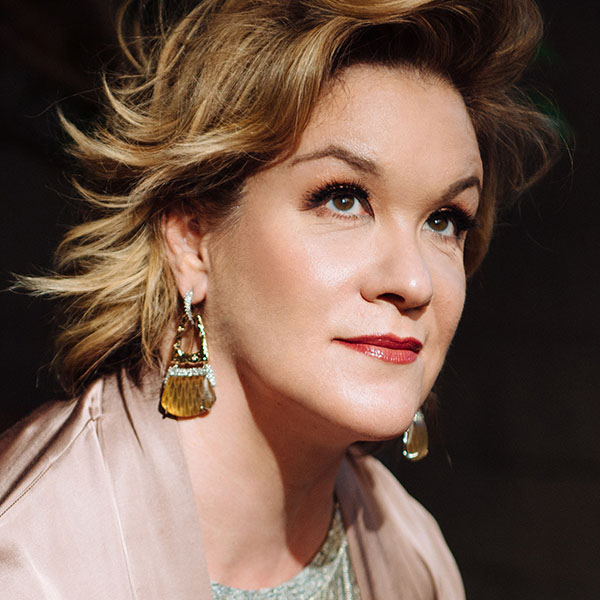
IT is some time since York Minster’s nave was filled for a professional concert, but a full house for Ryedale Festival’s promotion of Verdi’s Requiem, doubtless encouraged by the first-class array of performers, was amply rewarded.
Although Verdi’s Catholic faith left him early and his Requiem for Alessandro Manzoni is unashamedly operatic, it is also an act of reverence, as we were reminded by the hushed aura of its opening.
But the forthright entry of the choral basses at ‘Te decet’ left no doubt that this was to be an evening that left none of the terrors of death unexplored, as Verdi intended. The soloists confirmed this with a forceful Kyrie that was the polar opposite of the usual grovel.
This was to be the essence of Sir Mark Elder’s approach. Accordingly, the Dies Irae opened with a fearsome attack from both choir and orchestra. Soon afterwards, the trumpets were thrilling at ‘Tuba mirum’, with the four on stage in a controlled crescendo and the four off-stage fanfare trumpets joining in from the side aisles. Indeed, the Hallé’s brass covered themselves with glory throughout, returning majestically in the Sanctus.
‘Liber scriptus’ marked the first of mezzo-soprano Alice Coote’s superb solo interventions, a full-throated blast that raised the drama to a new level and culminated in a spine-tingling high A flat –extending the determination she had brought to Orfeo in Huddersfield last week.

There were no weaknesses among the soloists. The soprano Natalya Romaniw was the only one to employ any operatic swoops, mostly early on and tastefully, to theatrical effect. She also had ample capacity to soar above the chorus at full pelt and still be heard. Her final high B flat was a couple of shades louder than the absurd triple piano Verdi demands but beautifully sustained nonetheless.
In the tenor solo after what was a succulent soprano-alto duet at ‘Recordare’, Thomas Atkins announced himself with noble resonance and shaped its ending stylishly. He sounds ready for a worldwide career as a Verdi tenor. James Platt’s bass was portentous at the ‘Confutatis’ and added gravitas to the solo ensembles.
While individually distinctive, the soloists also maintained a pleasing balance and blend, which is far from a given in this work. The Hallé Choir was impressive at both ends of the dynamic spectrum. ‘Hosanna in excelsis’ in the Sanctus built to a huge climax, but even more imposing was the extremely quiet opening to the closing Responsory, a magical effect heard far too rarely from large choirs. The orchestral strings exhibited similar restraint.
It crystallised the loving care with which Elder had shaped this five-star Requiem. It had been given in memory of Richard Shephard, a valuable friend of both York Minster and the Ryedale Festival until his death last year.
Footnote: I listened to much of this performance through gritted teeth because of two roaming photographers, one of whom prowled around my bay in the side aisle (where the sound incidentally is best of all) like a capricious cat-burglar, blocking my view and distracting many others with his antics.
Who authorised this? Were the performers asked for their permission? It was totally beyond the pale. The solution – if photographs really are essential – is to take them during rehearsals or hire a professional with telephoto lenses.
Review by Martin Dreyer

